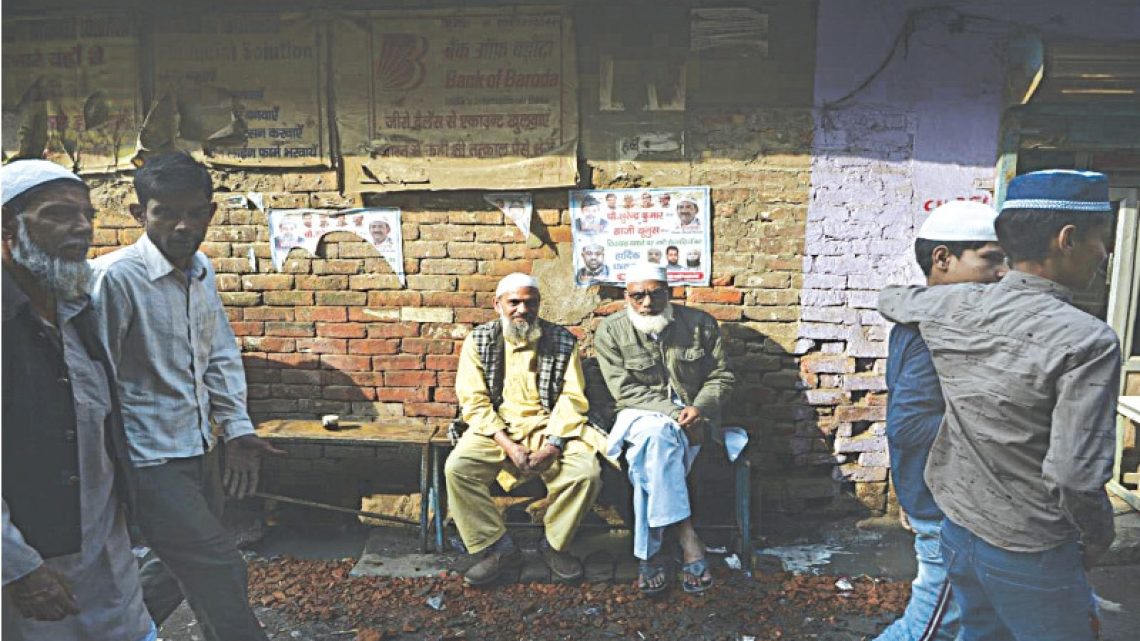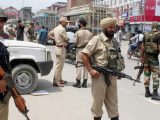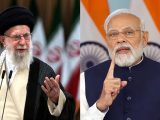
BJP’s Rhetoric against Muslims Heightened in India
September 19, 2024 Off By Sharp MediaThe BJP’s Hindu leadership continues to target the Muslim community and their historic places of worship. Recently, Hindutva leader Giriraj Singh made inflammatory remarks about mosques in India.
Singh claimed that approximately 300,000 mosques are illegal, igniting controversy and raising fears of increased religious tensions. His statements have alarmed many who worry about the implications for communal harmony.
In his remarks, Singh warned that Muslims would face consequences if they caused division within society. He even threatened to demolish allegedly illegal mosques, referencing a recent incident in Shimla as a justification.
These comments arrive against a backdrop of ongoing concerns regarding the treatment of Muslims in India under the BJP-led government. Critics argue that such rhetoric fosters religious discord and further marginalizes minority communities.
Indian analysts suggest that Singh’s remarks may escalate sectarian tensions, leading to potential unrest. The implications of such rhetoric are far-reaching, affecting the social fabric of the nation.
The BJP government’s silence on Singh’s comments raises questions about their stance. Some speculate that this lack of response indicates tacit support for anti-Muslim sentiments within their party.
Historically, Hindu extremists have targeted mosques, with the demolition of the Babri Masjid being a prominent example. This history heightens fears among Muslims about the potential consequences of such rhetoric.
Advocates for Muslim rights argue that these actions infringe upon their religious freedoms and rights. The ongoing hostility towards the community is a growing concern for many observers.
The atmosphere in India is increasingly charged, as the rhetoric surrounding Muslims becomes more aggressive. Such an environment raises alarms about the potential for violence and discrimination.
Many fear that Singh’s statements are part of a broader strategy to consolidate Hindu nationalist support by marginalizing Muslims. This tactic can exacerbate divisions within society, undermining communal harmony.
The escalating tensions call for urgent dialogue and reconciliation efforts to prevent further conflict. Engaging various communities in constructive conversations is essential for fostering understanding.
As tensions rise, it is crucial for all political leaders to promote inclusivity and respect for all religions. The future of communal relations in India depends on addressing these issues openly.
The BJP must recognize the potential consequences of divisive rhetoric. An environment of fear and hostility only serves to deepen existing divides.
With rising communal tensions, it becomes increasingly vital to safeguard the rights of all communities. A focus on unity and mutual respect is essential for India’s diverse society.
To conclude, the current climate of hostility against Muslims, fueled by inflammatory rhetoric, poses significant risks. Collective efforts are needed to build a more harmonious society, where all religious beliefs are respected.

